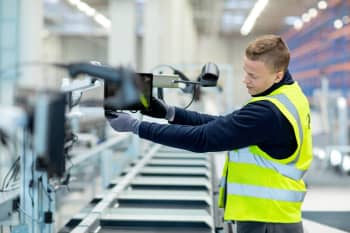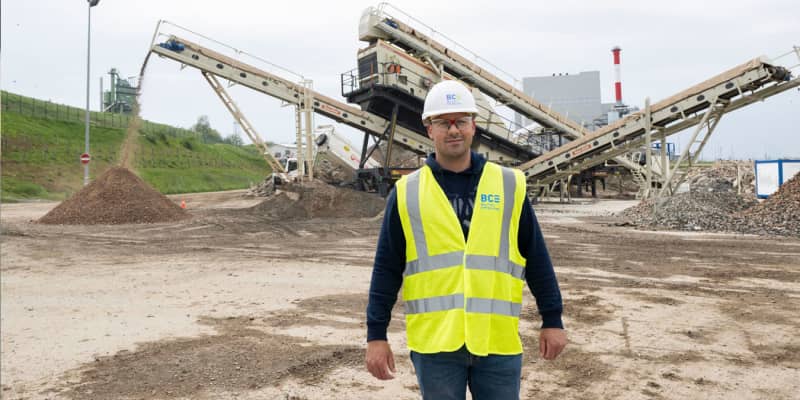How Green Industrial Parks Can Strengthen Strained Supply Chains
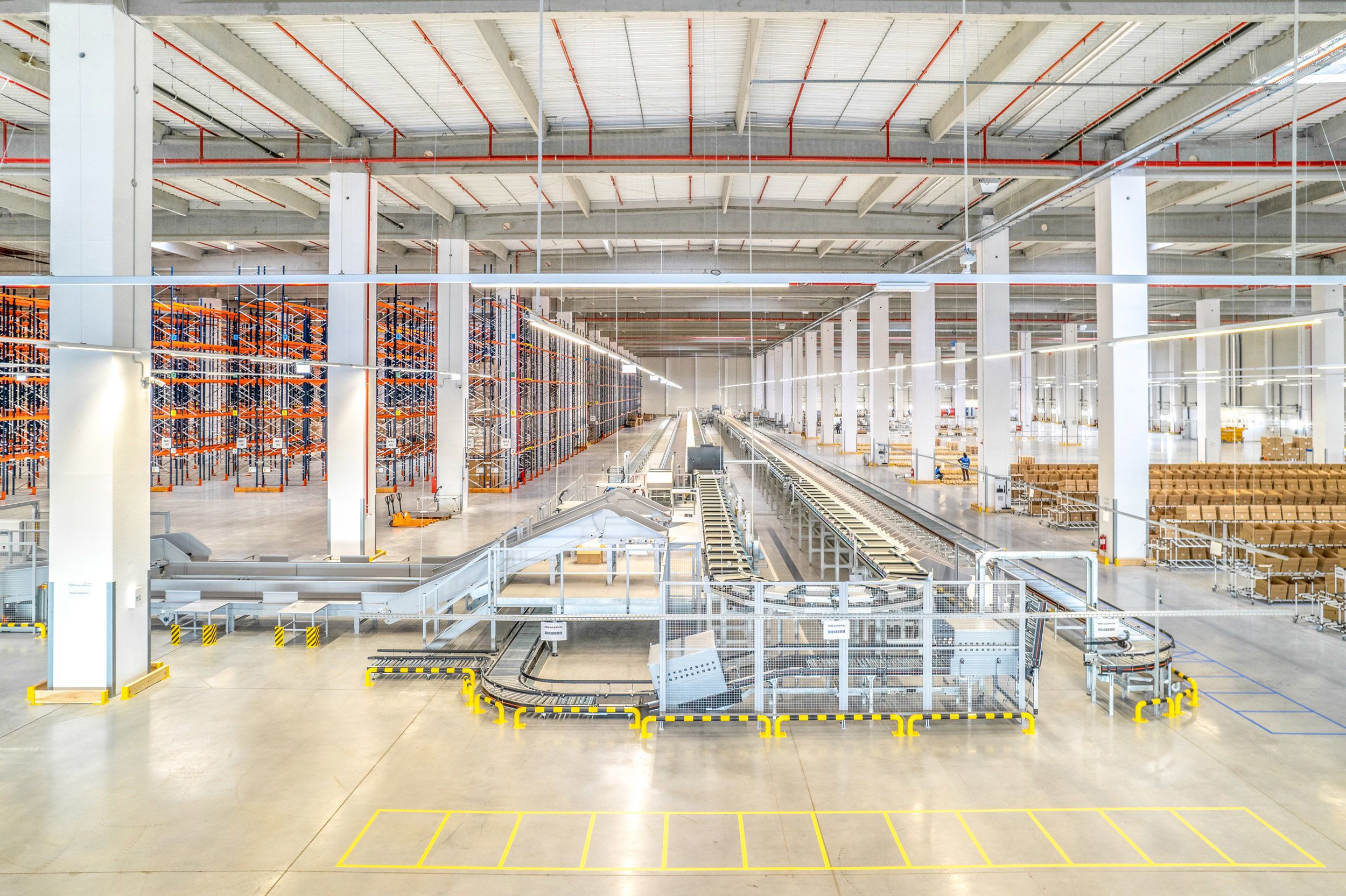
On the quiet fringes of western Bucharest, a sustainably developed industrial park is offering a new way forward for small businesses and multinational corporations alike. After years of severe disruptions, enterprises of all sizes have increasingly begun questioning the sustainability and resilience of their supply chains.
The solution, it turns out, lies right in their own backyard.
Supply chains today are more interconnected than ever, making them vulnerable to disruptive events. The COVID-19 pandemic, geopolitical tensions, and recent global conflicts have exposed these vulnerabilities, forcing companies to rethink how they structure their logistics networks.
As a result, access to integrated supply chain infrastructure—where manufacturing, logistics, and distribution can occur in proximity to key markets—is essential. This is particularly true for smaller businesses, which often lack the resources to manage complex logistical operations independently and must rely on shared infrastructure to remain competitive.
Industrial parks, strategically located along major logistics corridors, offer these essential facilities and services in one place. However, the availability, quality, and eco-friendliness of this infrastructure vary across regions, often putting smaller companies at a disadvantage. Even larger companies, such as the Polish multinational apparel company LPP, face significant challenges in ensuring the sustainability and resilience of their supply chains. LPP Logistics—the logistics operator supporting LPP’s expansion plans—was confronted with this very problem in 2020.
According to Sebastian Sołtys, President of the Management Board at LPP Logistics, “the pandemic and Russia’s invasion of Ukraine were events impossible to prepare for. We were faced with the need to review our long-term development strategy.”
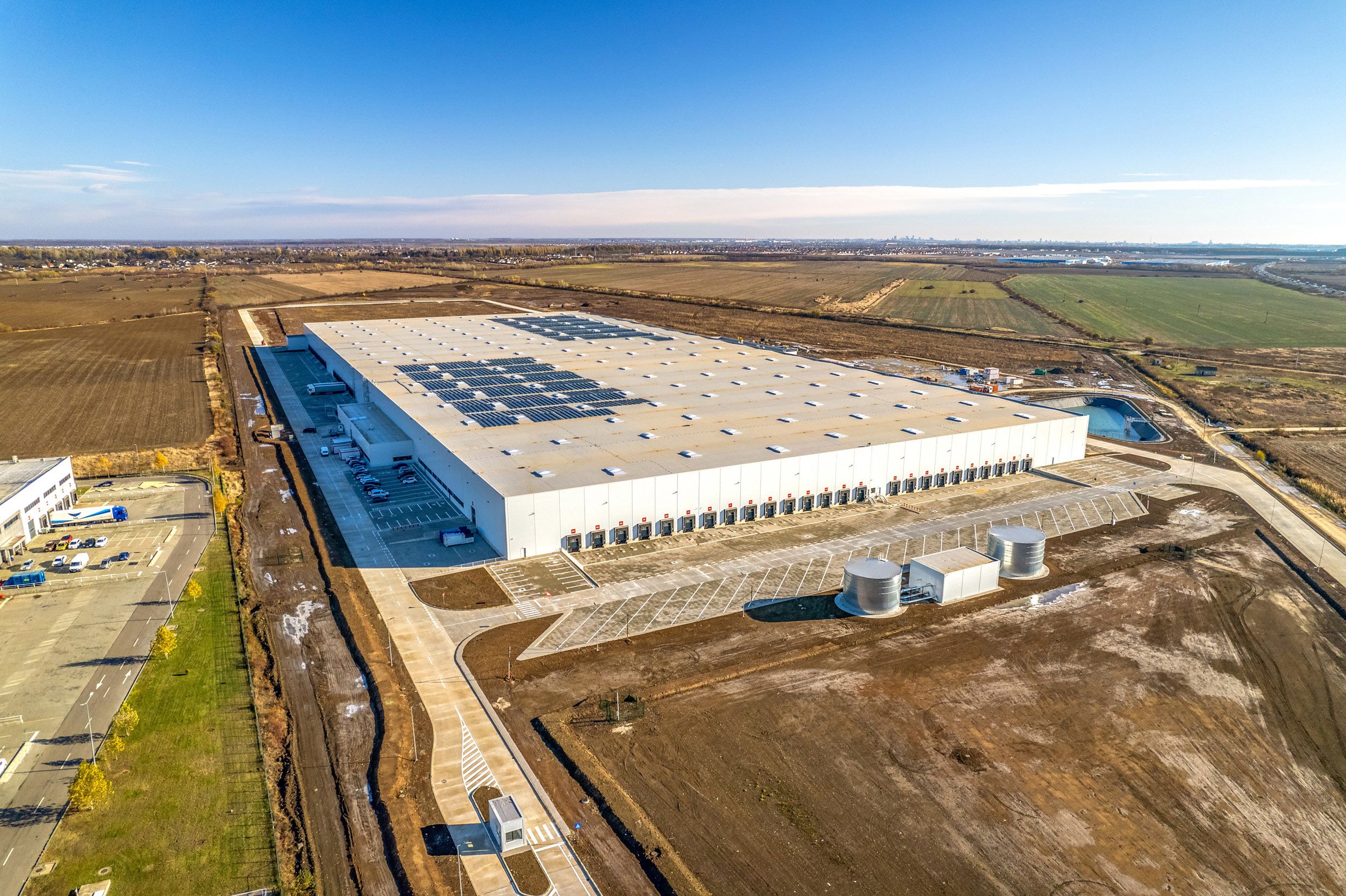

Given these circumstances, LPP Logistics decided to change its development trajectory and shift its focus to the Southern and Western European regions. Consequently, the location of the new distribution center was chosen based on its proximity to the Group’s chain of physical stores in Southern Europe, where the company plans to continue its expansion in the coming years. This led the company to become a tenant at CTP Bucharest West, the largest industrial park in Central and Eastern Europe.
Sebastian Sołtys, President of the Management Board at LPP Logistics. Photo: LPP Logistics.
Sebastian Sołtys, President of the Management Board at LPP Logistics. Photo: LPP Logistics.
CTP Bucharest West is owned and operated by CTP N.V., a leading European industrial and logistics property developer-owner. The company has been redefining the role of industrial parks through an increased focus on sustainability, in particular by incorporating more eco-friendly materials, smart energy systems, and low-carbon solutions in its facility. The site notably meets the BREEAM “Excellent” standard, ensuring high levels of energy efficiency and waste management.
For tenants like LPP, these modern, flexible spaces align with their goals of reducing their carbon footprint, ensuring energy-efficient operations, and supporting the health and well-being of their employees.
In addition to its Bucharest site, CTP plans to develop green business parks in two key markets—Bulgaria and Poland—with support from IFC. Using an IFC-arranged €441 million sustainable financing instrument, the parks are set to achieve an “excellent” or higher BREEAM standard for environmental performance.
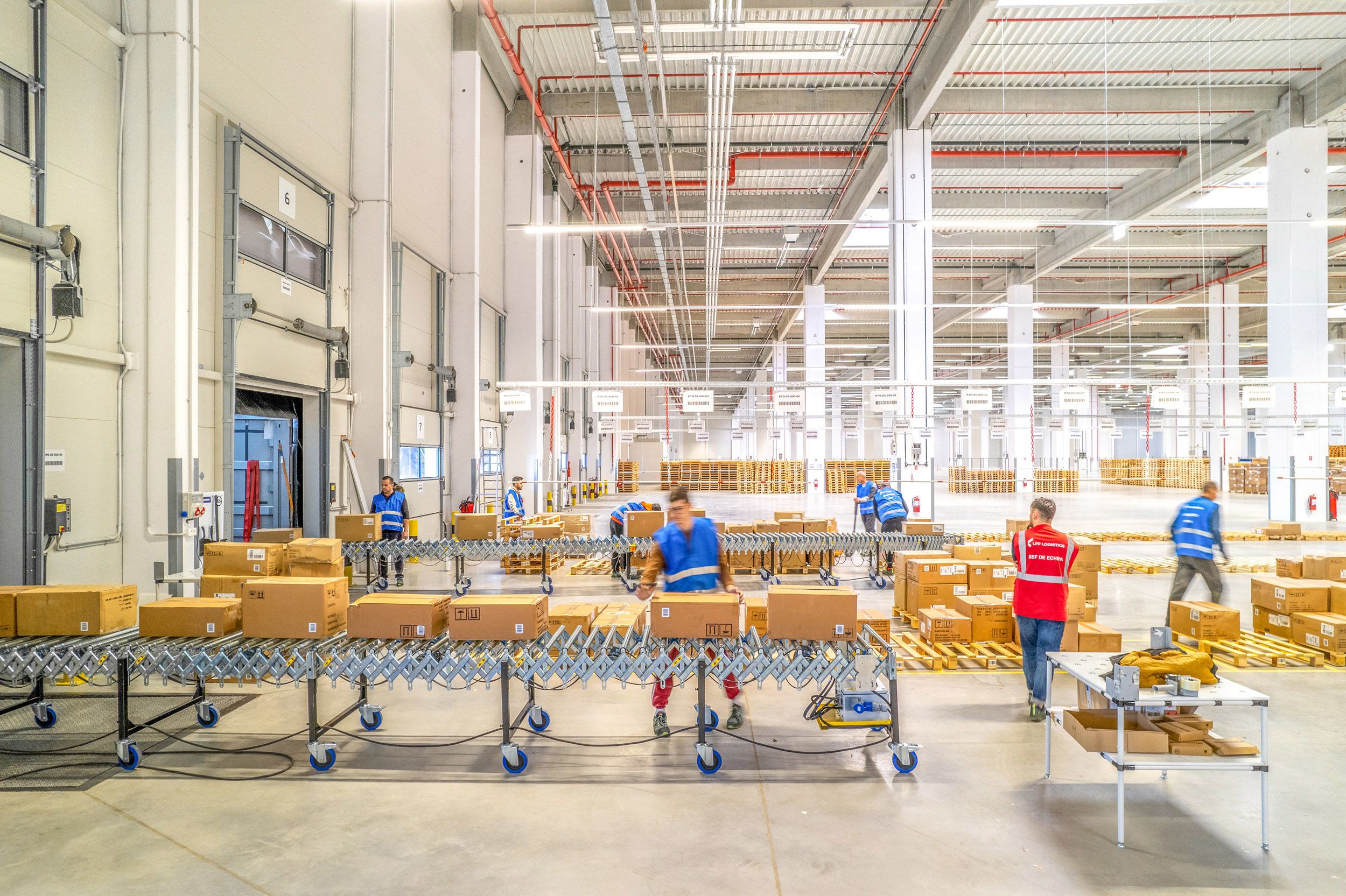
Addressing Industrial Infrastructure Challenges Through Climate-Smart Solutions
As the world grapples with the impacts of climate change, there is growing understanding that industrial parks can contribute to decarbonization efforts by incorporating climate-smart technologies and practices into their design and operation.
However, the shift towards greener infrastructure requires substantial investment. Climate finance plays a crucial role in this process. Green bonds facilitate the funding of sustainable infrastructure projects, channeling capital into initiatives that deliver both economic and environmental benefits. For developers such as CTP N.V., green bonds have enabled the construction of eco-friendly industrial parks across Europe, showcasing how infrastructure supporting modern supply chains can be both resilient—and sustainable.
Sector Ripe for a Green Revamp
With much of today’s industrial infrastructure outdated and inefficient, the sector is ripe for a sustainability-anchored overhaul. In many regions, aging building stock and inadequate or nonexistent commercial and infrastructure services create significant barriers to economic growth and environmental progress. This is particularly pronounced in areas with rapidly growing demand for logistics space due to the rise of e-commerce and nearshoring—the practice of moving business operations closer to home or to nearby countries to reduce costs and improve supply chain reliability. With its ambitious expansion plans for Bulgaria and Poland, CTP aims to drive a green transition in the business parks sector.
With the buildings sector Europe’s largest energy consumer and a major contributor to greenhouse gas emissions, this shift toward decarbonization is essential. In Bulgaria, for example, buildings account for about 16 percent of national energy consumption, while in Poland the figure is around 13.8 percent. Despite its importance for economic growth, the sector remains energy-intensive and causes a host of adverse impacts on the environment, including air and water pollution and land and resource degradation.
Path to a Sustainable Future
IFC is helping drive a green transition in the sector through innovative green financing tools, including sustainability-linked features that encourage logistics park developers to grow their portfolios of green, energy-efficient industrial and logistics assets.
In addition to financing, IFC is raising awareness of the economic and environmental benefits of greening the sector. Olaf Schmidt, IFC Regional Director for Manufacturing, Agribusiness, and Servies in Europe and Latin America and the Caribbean, notes how “IFC’s EDGE certification and Building Resilience Index offer frameworks that enable green industrial parks to achieve global benchmarks in energy efficiency, resilience, and environmental stewardship.” He adds that “through a combination of financing and certification tools, IFC is catalyzing transformative change in industrial infrastructure, strengthening the resilience and sustainability of global supply chains.”
CTP’s strategic focus on Central and Eastern Europe underscores its regionwide commitment to decarbonizing the buildings sector. Beyond expanding its portfolio in Bulgaria and Poland, the longstanding partnership between IFC and CTP has facilitated the construction of green-certified industrial and logistics buildings in Serbia and Romania.
At the 2023 UN Climate Conference (COP28), there was a renewed global commitment to decarbonizing buildings and making climate-resilient buildings the norm by 2030. The potential for sustainable buildings to drive low-carbon investments is immense, with the sector representing a trillion-dollar opportunity. By greening industrial and logistics parks, businesses can not only enhance supply chain resilience but also stimulate economic growth, paving the way for a more sustainable future.

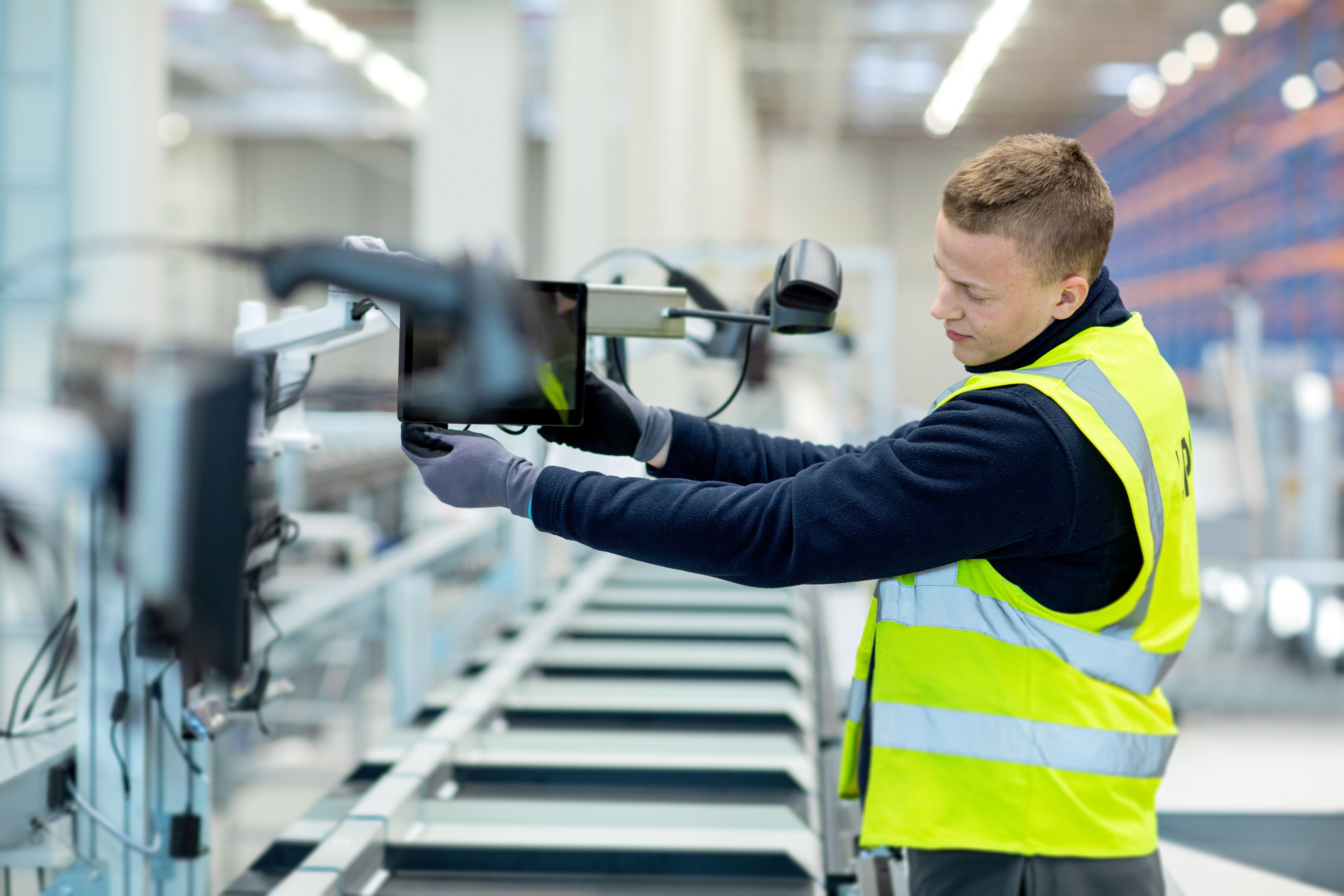
"CTP’s logistics and light industrial parks are vital to the modern economy in Central Europe. By building state-of-the-art facilities, we create jobs and foster business growth, all while embedding sustainability in everything we do—from energy-efficient designs to waste reduction and biodiversity in our green spaces. Our longstanding, fruitful relationship with IFC has been key to our expansion, especially in markets like Poland, Romania, Bulgaria, and Serbia. We appreciate IFC’s consistent support as we grow in international capital markets."
Learn More About IFC's Work in Central & Eastern Europe



